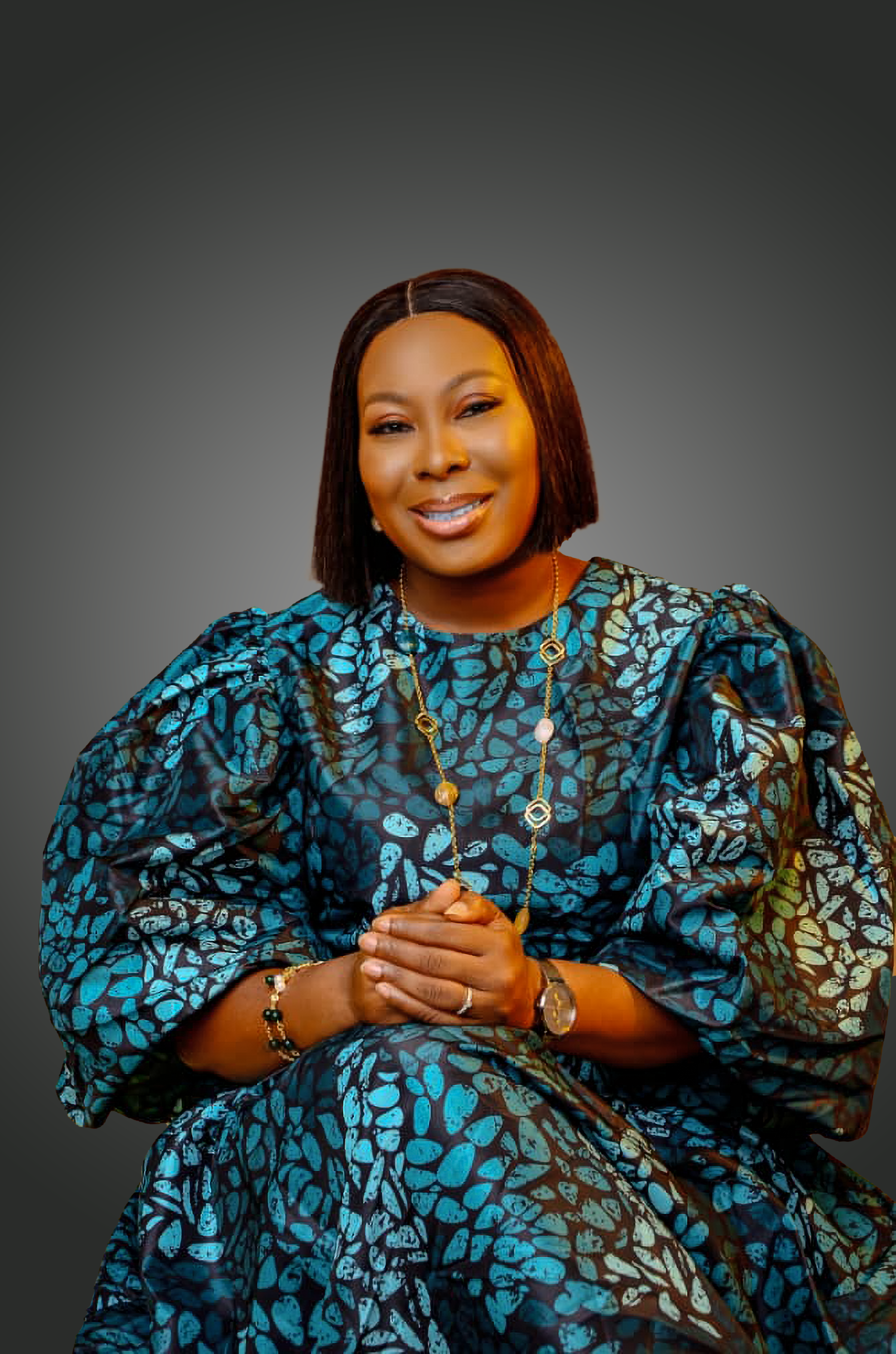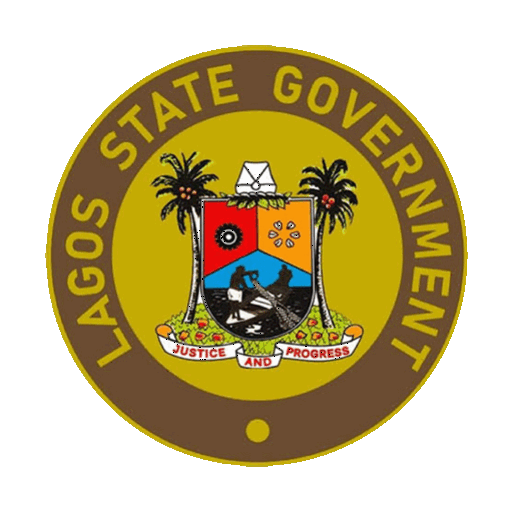
FABE International Foundation Sets the Standard in Environmental Advocacy and Education
Environmental education and advocacy require bold leadership and innovative action, and FABE International Foundation is at the forefront of driving real change in these areas. Under the visionary leadership of Temitope Okunnu, a passionate environmental advocate, the foundation has become a powerful force for change, transforming waste management practices, empowering communities, and shaping a future where sustainability is a way of life.
As the founder of FABE International Foundation, Temitope has dedicated her career to bridging the gap between environmental education and action. Her extensive work in sustainability spans across projects such as EcoSchoolsNG, TidyNigeria, and WasteWise Women, all aimed at empowering women and young people with the tools and knowledge to drive sustainable practices in their communities. Since founding FABE, Temitope has influenced over 10,000 students across over 100 schools, and through her leadership, has prevented nearly 1,000,000 kilograms of plastic waste from polluting waterways.
Temitope’s leadership goes beyond conventional advocacy, her work integrates the principles of circular economy, youth and women empowerment, and community development. In this exclusive interview, Temitope shares her insights into the foundation’s impact, the challenges faced, and her vision for a greener, more sustainable Nigeria. Let’s dive into her remarkable journey and learn more about the innovative programs she has pioneered at FABE.
- How did FABE International Foundation start, and how has it evolved over the years?
FABE started from a deep concern for environmental issues I observed back in the day, particularly the lack of sustainable waste management and the disconnect between our communities and environmental education. This idea was born out of a desire to bridge that gap by empowering our communities, particularly women and young people, through education and practical solutions. Initially, we started as a small organization, and we weren’t even registered as a foundation at the beginning. Over the years, we’ve grown into a wonderful, impactful organization, a full-fledged non-profit environmental advocacy foundation, impacting thousands of young people and women, and implementing thousands of environmental programs across Nigeria. We’ve expanded our focus to include sustainable waste management, circular economy, youth and women empowerment, and experiential advocacy. We’re continually adapting to the changing environmental landscape.
I’ve been an environmental advocate since 2005/2006 when I became the first Miss Environment in Nigeria. This passion continued, and in 2015, I became a noise pollution ambassador for LASEPA, further shaping my approach to sustainability. Noise pollution is often overlooked in this part of the country, but it has numerous impacts on human well-being and environmental quality. My role allows me to address a more holistic view of sustainability, ensuring that our approach at FABE integrates not only waste, pollution, and resource management but also the quality of the environment, particularly for our young people and women.
2. What are the major challenges you have faced in your work?
One of the biggest challenges is changing public perception about waste. Many communities in Nigeria, particularly in Lagos State where I started from, still view waste as someone else’s problem. It’s painful that the notion seems pervasive across Nigeria, making it difficult to encourage waste responsibility.
Another challenge is the lack of infrastructure. Thank God Lagos is building up, and Lagos and Ogun are better than many states in Nigeria, but we often lack infrastructure to support sustainable waste practices, like recycling. This is now a mainstay in Lagos and Ogun States, but other states like Osun, Oyo, and Abuja are still catching up. Securing funding for long-term initiatives is also tough. However, through persistent education, advocacy, experiential learning, community engagement, and partnerships with stakeholders in the private and public sectors, we’ve overcome financial challenges and made significant strides.
Despite these challenges, they’ve been necessary because they’ve shaped our organization. When a challenge arises, we find cost-effective and impactful solutions. This has helped us wisely manage funds and use them for impactful projects.
3. How has FABE impacted young people and women?
Our programs have had a profound impact on empowering many young people and women. By providing them with circular economy skills, green skills, knowledge, mentorship, and leadership opportunities, we equip them to make real, long-lasting contributions to environmental sustainability. For instance, through our FABE EcoSchoolsNG program, we’ve impacted over 100 schools and 10,000 students across low-income schools in Lagos State. These students directly influence their communities, teachers, and families.
Many of these young people have started their own initiatives after leaving school. They advocate in universities, polytechnics, and technical colleges, and they continue to influence their communities. Some have gone on to work in sustainability-focused roles in the private sector, including bio-gas companies, solar energy firms, and NGOs. It’s incredibly encouraging to see these young people and women becoming leaders in the environmental space.
4. How do you measure FABE’s impact?
We measure our impact through both direct and indirect numbers. Directly, we track the students involved in our programs across the 100 schools. Indirectly, we measure the ripple effects on teachers, principals, family members, and communities. Many students have gone on to start their own initiatives or work in sustainability, creating a broader impact beyond the schools we directly engage with.
5. How has your experience with LASEPA shaped your work?
My experience with LASEPA has been invaluable in sharpening my approach to environmental education and advocacy. Volunteering and partnering with the ministry of environment exposed me to many environmental issues, including noise pollution. I read books like Al Gore’s An Inconvenient Truth, which expanded my knowledge of climate change, global warming, and greenhouse gases. I began to see how these issues affect the health and well-being of our communities. The real-life problems I witnessed like flooding displacing families and affecting students formed my understanding of the impact of climate change and helped shape the solutions we provide at FABE. Working alongside government agencies also helped me see the importance of aligning grassroots efforts with policies and regulations.
6. How do you balance your different roles (mentor, educator, CEO, board member)?
Balancing these roles requires careful prioritization and delegation. These roles are interconnected and support the broader goal of driving environmental sustainability and climate action. As a climate educator, I share knowledge with peers and the next generation. As a mentor, I support young people and women to take leadership roles. My role as a board member allows me to guide the strategic direction of organizations. While it’s challenging, collaboration with my team is key to managing these responsibilities. Insights gained from mentoring inform our educational programs, and strategic work at the board level ensures that we stay aligned with our mission to drive lasting change in the community.
7. What are your future goals for FABE?
The future goal for FABE is to scale our impact by expanding our programs geographically and in scope. We want to enhance our current programs, particularly EcoSchools, which is already making a significant impact in Lagos, Ogun, and Cross River States. We aim to reach more communities and schools, enhancing environmental education and climate resilience. To achieve these goals, we will strengthen partnerships with the private sector, governmental bodies, and national organizations. We also plan to leverage new technologies, secure additional funding, and continue empowering more youth and women in the sustainability space.
8. What advice do you have for young people interested in sustainability?
To young people interested in sustainability, I would say that sustainability is not a distant goal, it’s an immediate and urgent need. Start by learning about the environment, waste management, and circular economy. Get involved in local initiatives, volunteer, and seek mentorship. The future of our planet depends on your actions today. Take the first step, and be part of the solution. Sustainability is about creating a better world for everyone, and you can be a key player in this transformation.


